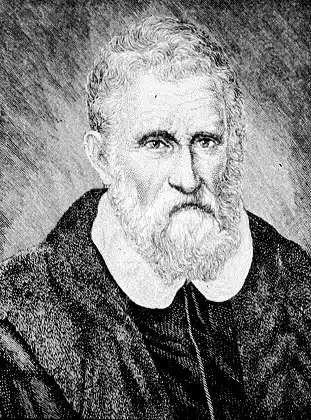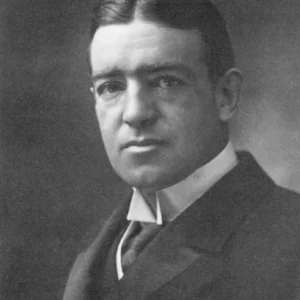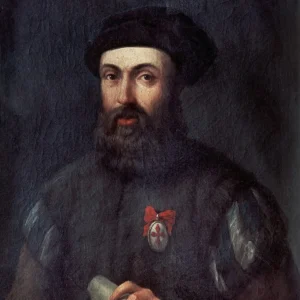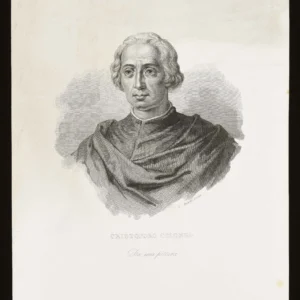Marco Polo, born around 1254 in Venice, Italy, is one of history’s most famous explorers. His extensive travels across Asia during the 13th century opened up new horizons for Europe and provided a detailed account of the East that had never been seen before. Known for his incredible journey to the court of Kublai Khan, Marco Polo’s adventures have inspired countless explorers and remain a testament to the spirit of discovery.
Early Life and Family
Birth and Background
Marco Polo was born around 1254 in Venice, Italy. He was the son of Niccolò Polo, a merchant, and his wife, who were part of a wealthy and influential family. Marco’s father and uncle, Maffeo Polo, were already well-known for their extensive travels and trade ventures in Asia.
Early Influences
From a young age, Marco was exposed to stories of his father and uncle’s travels, which ignited his curiosity and desire to explore the world. His family’s mercantile background and connections played a crucial role in shaping his future adventures.
The Journey to Asia
Departure from Venice
In 1271, Marco Polo, along with his father and uncle, embarked on an epic journey to Asia. Their goal was to establish trade routes and explore the vast and mysterious lands of the East. The Polos traveled along the Silk Road, a network of trade routes connecting Europe and Asia.
Arrival in China
After several years of travel, the Polos reached the court of Kublai Khan, the Mongol emperor, in 1275. Kublai Khan was impressed by Marco’s intelligence and humility and appointed him as a foreign emissary. Marco spent the next 17 years in China, serving the emperor and traveling extensively throughout the empire.
Exploration and Diplomatic Missions
During his time in China, Marco Polo undertook various diplomatic missions and fact-finding expeditions. He visited distant parts of the empire, including Yunnan, Myanmar (Burma), and southeastern China. Marco also escorted a Mongol princess to Persia, showcasing his diplomatic skills and adaptability.
Return to Venice
Journey Back Home
In 1291, the Polos decided to return to Venice. Kublai Khan initially opposed their departure but eventually allowed them to leave, on the condition that they escort a Mongol princess to Persia. The Polos traveled overland and by sea, finally reaching Venice in 1295 after 24 years of travel.
Captivity and Legacy
Upon their return, Venice was at war with Genoa. Marco Polo was captured by the Genoans and imprisoned. During his captivity, he dictated stories of his travels to Rustichello da Pisa, a fellow prisoner. These stories were later compiled into “The Travels of Marco Polo,” a classic of travel literature that provided Europeans with their first comprehensive look into the cultures and geography of Asia.
Personal Life and Death
Marriage and Family
After his release, Marco Polo married Donata Badoer in 1300 and had three children: Agnese, Fantina, and Belella. He continued his mercantile activities and lived a relatively quiet life until his death on January 8, 1324.
Burial and Legacy
Marco Polo was buried in the Church of San Lorenzo in Venice. His account of his travels inspired future explorers, including Christopher Columbus, and provided valuable insights into the geography, culture, and customs of Asia.
Conclusion
Marco Polo’s remarkable journey and detailed chronicles of his travels have left an indelible mark on history. His legacy as a pioneering explorer and chronicler of the East continues to captivate and inspire people around the world.



